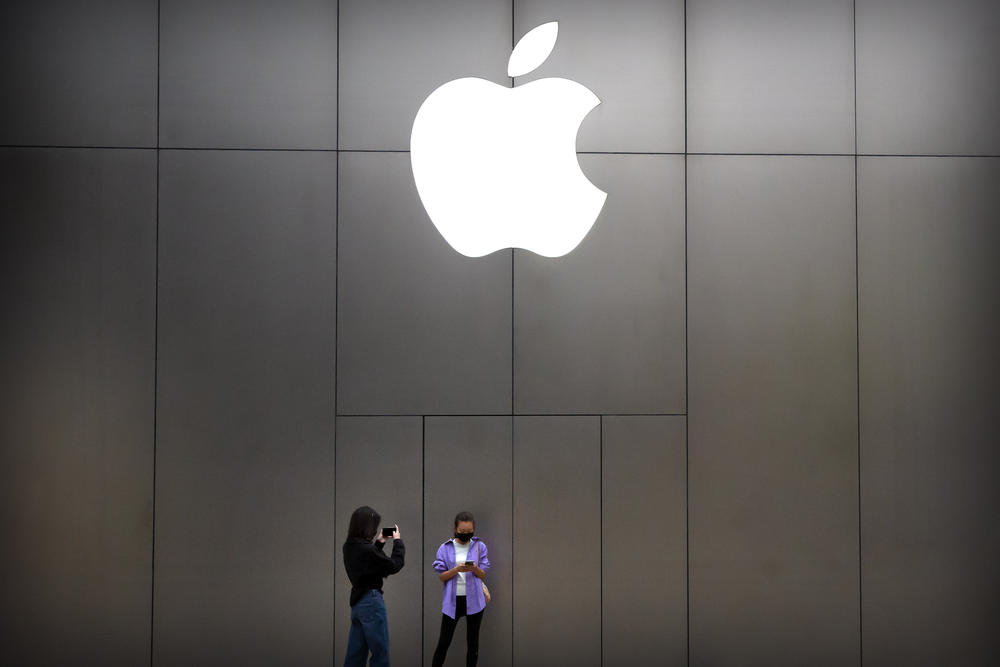Section Branding
Header Content
Georgia Tech Professor Concerned About Contact Tracing App Project
Primary Content
Two tech giants are hoping the phone in your pocket may be the key to fighting back against COVID-19. However, some argue it raises new questions about privacy and data.
Several weeks ago, Apple and Google announced they were partnering to develop a contact tracing platform. In theory, this development would allow public health officials, and potentially governments, to track the spread of COVID-19 through phone data.
Those who have been infected with the virus could retrace their steps and see who else they've come in contact with.
"Google and Apple are announcing a joint effort to enable the use of Bluetooth technology to help governments and health agencies reduce the spread of the virus," the companies said in a joint statement. "User privacy and security is central to the design."
Georgia Tech professor Deven Desai said this initiative raises a lot of questions.
"The first concern is how well does this actually allow a type of tracing that a public health agency can use?" he said. "I don't know if that's clear yet."
RELATED: Atlanta Police Using Controversial Facial Recognition Technology
Desai said there's also lingering questions about what happens to the data collected once it's finished being used. The concerns raised comparisons to when, several months ago, police departments across the country began using facial recognition software by tech company Clearview AI to help track down suspects.
At the time, critics of the program worried there was little oversight about how the private company stored their database of user information they were "scraping" from the internet.
RELATED: How Artificial Intelligence Reflects Human Biases — And How It Came Improve
"I think it's similar to the Clearview problem because yet again, there is no national legislation on this," he said. "So, as I understand it, each state does have a fair amount of power on how they want to do this."
Desai argues that similar ambiguity remains about what happens with the data collected through this platform.
"Apple and Google said, 'Okay, we will shut down the tracking system whenever the pandemic's over.'" he said. "Right. I don't know what that means."
There are some advantages and reasons for optimism in the company's joint announcement. Together, Apple and Google develop a near entirety of cell phone operating systems in the United States — which means that any joint effort by the two companies will cast a wide net.
However, Desai said that any effort to implement the technology still feels disjointed. Desai said that collecting Bluetooth data still has flaws. Users standing close to each other behind thin walls could create false positives for contact. Larger cities with massive amounts of people could also muddle the data.
For now, Desai believes any fight against the virus won't begin with an app, but with channeling the teamwork spirit of previous generations. But that may not be soon.
"You know, the come-together aspect of World War 2 just doesn't seem to have stuck," he said.
As of noon Monday, May 4, there have been 29,177 confirmed cases of COVID-19 in Georgia. Of those, 1,211 people have died.


